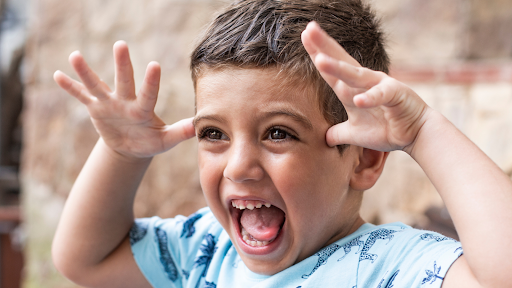
How Kid-Friendly Humor Transforms Your Family Dynamics
Share
Why Are Jokes for Kids Great for Family Bonding?
Ever notice how one perfectly timed dad joke can completely shift the energy at your dinner table? There's something magical about watching your child's face light up when they "get" a punchline for the first time.
But here's what might surprise you: those moments of shared giggles aren't just adorable Instagram content; they're actually rewiring your family's emotional connections in remarkable ways.
Studies reveal something fascinating: humor was positively correlated with positive affect and negatively correlated with stress. Think about that for a second. When you prioritize comedy in your household, you're essentially conducting stress-reduction therapy disguised as fun family time.
Understanding the Brain Chemistry of Family Laughter
You might think humor is just entertainment, but neuroscience tells a different story entirely. When your family shares a genuine laugh, something profound happens inside everyone's heads.
Picture your brain during a family joke session; it's like a natural pharmacy opening up. Oxytocin starts flooding your system, the same hormone responsible for those powerful mother-child bonds and deep romantic connections. Your little ones are literally getting a biochemical hug every time they crack up at your silly voices.
Then there's the endorphin rush. These natural painkillers don't just make everyone feel good; they're actively building neural pathways in developing minds. When you share jokes for kids during these crucial brain-development years, you're essentially giving their creativity and problem-solving abilities a workout.
How Comedy Reshapes Parent-Child Dynamics
Here's something every parent should understand: humor creates psychological safety in ways that serious conversations often can't. When you laugh together, you're telling your children that your home is a place where mistakes can be light-hearted learning experiences rather than devastating failures.
Something beautiful happens to traditional parent-child hierarchies during these moments too. Suddenly, you're not just the rule-maker; you're a fellow human being who finds joy in silly wordplay and ridiculous scenarios. This shift makes those difficult conversations infinitely easier later on.
Matching Comedy to Your Child's Development Stage
You wouldn't serve the same meal to a toddler and a teenager, right? The same principle applies to family humor: timing and appropriateness matter enormously.
Little Ones Love Simple Silliness (Ages 2-5)
Your preschooler's sense of humor operates on pure joy and surprise. They'll dissolve into giggles when you pretend to "steal" their nose or when you make exaggerated sound effects during story time. Try this classic: "What do you call a sleeping bull? A bulldozer!" The beauty lies in their complete willingness to hear the same joke fifty times.
Physical comedy wins every time with this age group. They don't need sophisticated setups, just genuine enthusiasm from you.
Elementary School Kids Discover Wordplay (Ages 6-10)
This is when things get interesting. Your child's language development reaches a sweet spot where they can appreciate clever word combinations and logical inconsistencies. Knock-knock jokes become their currency of choice, and suddenly they're creating their own versions.
"Why don't eggs tell jokes? They'd crack each other up!" These kid-friendly jokes help them understand language structure while building confidence in their storytelling abilities. Watch how proud they get when they successfully deliver a punchline to grandparents.
Pre-Teens Crave Sophistication (Ages 11-13)
Your almost-teenager wants humor that acknowledges their growing maturity without crossing inappropriate lines. Gentle puns and pop culture references hit differently now. They're developing their own comedic voice and often appreciate self-deprecating humor as they navigate increasingly complex social situations.
This age group particularly benefits from learning that laughing at yourself can be a superpower rather than a weakness.
Weaving Laughter Into Your Family's Daily Rhythm
The families that truly benefit from humor-based bonding don't wait for special occasions; they make comedy a regular part of their routine.
Transforming Mealtime Into Comedy Hour
Your dining room can become a family comedy club with minimal effort. Establish simple traditions: everyone shares one joke before dessert, or designate Wednesday nights as "pun night." Research shows that positive affect mediated the relationship between humor and stress, with a significant indirect effect.
Consider packing joke notes in school lunches. Your child will treasure these surprises, and their friends might start requesting copies. These small gestures demonstrate that you think about them throughout your day.
Bedtime Becomes Adventure Time
Occasionally swap scary bedtime stories for ridiculous family adventures. Create ongoing sagas where family members find themselves in absurd situations: "Tonight, let's discover what happened when your sister tried to teach the cat how to play chess!" These moments help children decompress from their day while ending on an uplifting note.
Making Car Rides Bearable
Long drives transform when families engage in comedy competitions. Challenge everyone to invent jokes about roadside observations: billboards, other vehicles, or unusual landmarks. Create digital joke collections on your phone for conversation lulls. Nothing beats a vehicle full of laughing family members on a long journey.
Investment in Your Family's Emotional Future
When you consistently prioritize family bonding activities centered around humor, you're building skills and emotional resilience that extend far beyond childhood.
Communication Skills That Last a Lifetime
Children raised in humor-rich environments develop superior timing, delivery abilities, and audience awareness. They learn to distinguish between appropriate comedy and serious conversation contexts naturally.
These capabilities directly transfer to academic presentations, workplace interactions, and social relationships. Your child becomes more confident in public speaking situations and skilled at defusing tension constructively.
Building Generational Traditions
Family fun activities that incorporate regular humor create stories that get retold for decades. Those seemingly insignificant silly moments become foundational elements of your family's identity: "Remember when Mom tried that accent and sounded like a confused robot instead?"
Annual comedy competitions, holiday-themed joke nights, or weekly family variety shows become traditions your children anticipate eagerly and eventually share with their own families.
Understanding these long-term benefits of laughter provides motivation, but mastering the practical aspects of family humor will help you create consistently positive experiences.
Professional Strategies for Family Comedy Success
Implementing humor-based bonding requires some finesse: timing, context, and participation levels all matter significantly.
Reading Your Family's Energy Levels
Forcing humor when everyone's exhausted or stressed backfires spectacularly. Right after school pickup might not be optimal if children are tired, but weekend breakfast could provide the perfect atmosphere.
Professional research confirms: "Incorporating humor in the assessment of children offers several benefits including increased engagement, reduced stress and anxiety, enhanced rapport and trust, and insight into emotional well-being". This expertise demonstrates humor's power in creating comfortable environments.
Fostering Confident Participation
Celebrate every comedic attempt, regardless of execution quality. Children require emotional safety to experiment and potentially fail without facing criticism. Teach basic joke construction so they understand setup-punchline relationships.
Allow kids to develop their own silly characters or recurring comedic themes. This ownership makes humor feel personally meaningful and significant to them.
Your Family's Laughter Legacy Starts Now
The evidence is clear: shared humor strengthens family bonds in measurable, lasting ways. When you prioritize jokes for kids and humor-based family bonding activities, you're investing in emotional resilience, communication skills, and cherished memories that will influence your children's future relationships. The benefits of laughter create stronger connections that help families navigate life's inevitable challenges with greater unity and joy. Stop waiting for the perfect moment: grab a joke book tonight and start building your family's comedic tradition.
Addressing Common Family Humor Concerns
When should children start attempting jokes?
Most children appreciate simple physical comedy around 12-18 months and begin their own comedic attempts around ages 3-4.
How should I respond to inappropriate school jokes?
Address them calmly, explain why they're unsuitable for family settings, and redirect toward appropriate alternatives without creating shame.
Can introverted children participate meaningfully?
Start by letting them select jokes from books or serve as audience members, gradually building confidence before expecting performance participation.










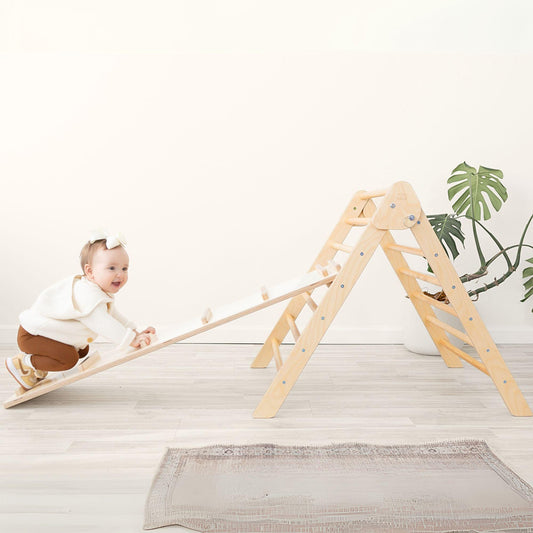

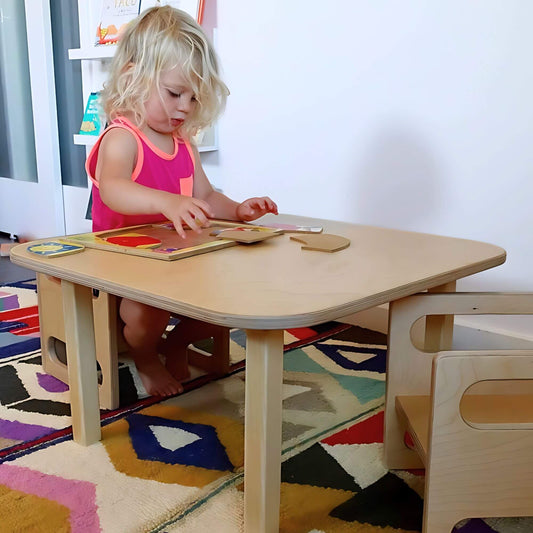

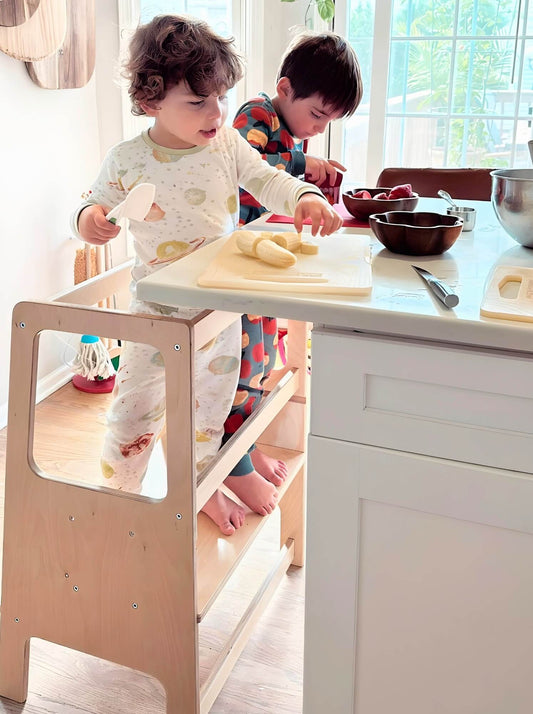

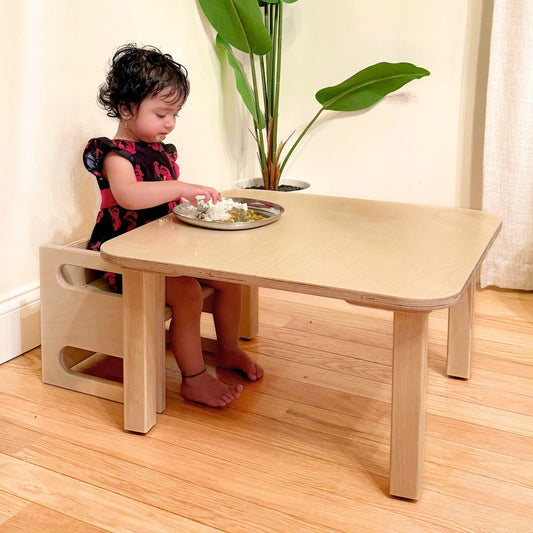
 Off
Off
